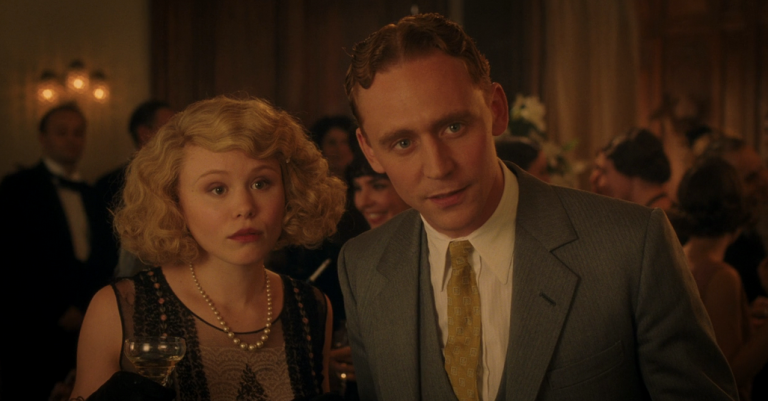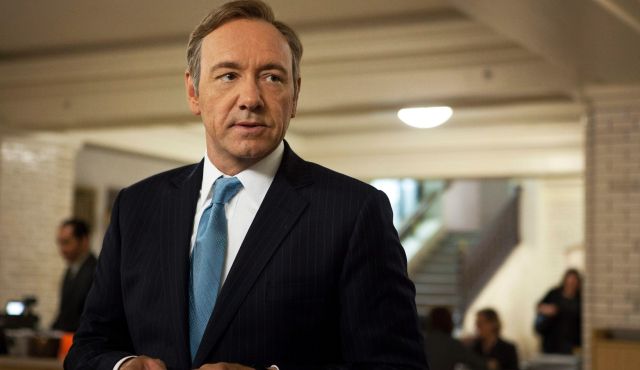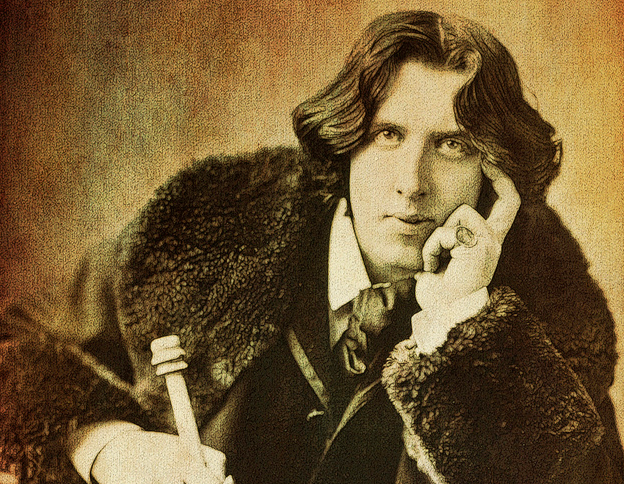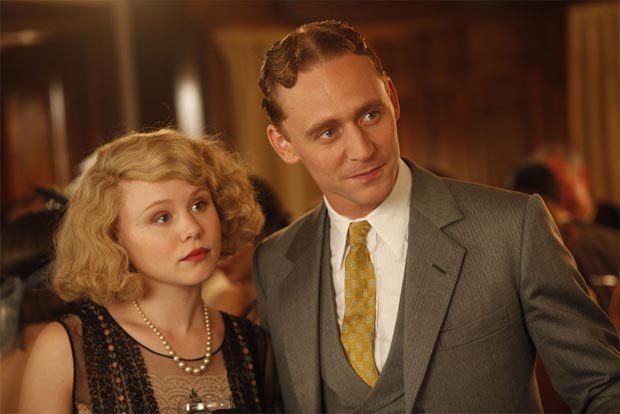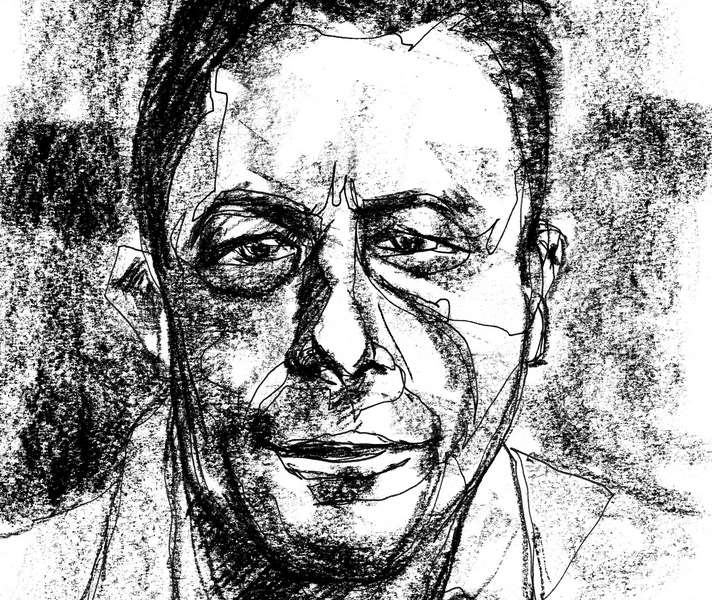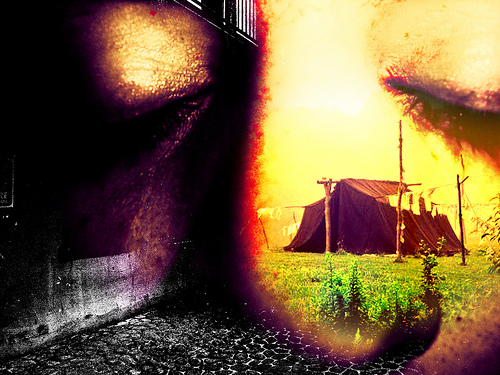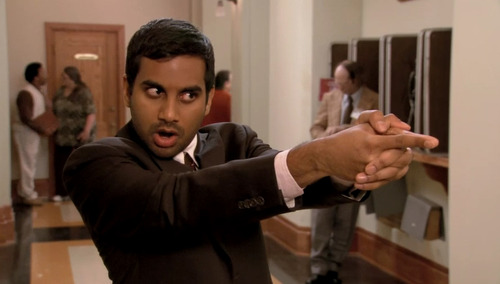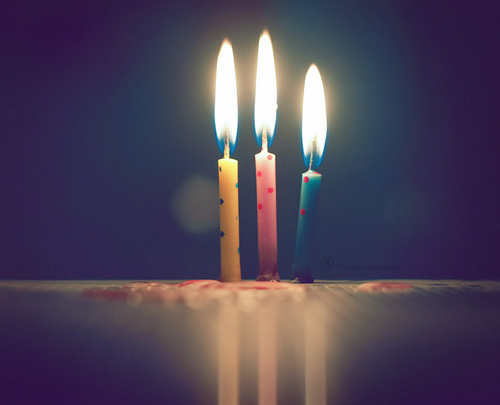Cody Delistraty
Articles by
Cody Delistraty
The Neurological Similarities Between Successful Writers And The Mentally Ill
They cannot focus on one thing quite like the average person. Essentially, their stream of ideas is always running — the tap does not shut off — and, as a result, creative people show schizophrenic, borderline manic-depressive tendencies.
11 Frank Underwood Quotes That Prove He’s Your Evil Alter Ego
“Friends make the worst enemies.”
The 13 Wittiest Literary Lines You’ll Ever Read
“And she’s got brains enough for two, which is the exact quantity the girl who marries you will need.”
21 F. Scott Fitzgerald Quotes That Prove He Was The Original 20-Something
“Here’s to alcohol, the rose colored glasses of life.”
31 Albert Camus Quotes That Show The Beautiful Paradoxes And Complexities Of Life
“Should I kill myself, or have a cup of coffee?”
How To Lucid Dream: A 5-Step Beginner’s Guide
Most everyone dreams each and every night, it’s just that often we don’t recognize we’re dreaming and we don’t register it as anything important.
21 Tom Haverford Quotes That Will Make You Want To Be His Best Friend
“I can’t keep referring to basketball players as Khloe Kardashian’s husband and his friends.”
7 Important Things To Learn From Our Childhood Selves
We like to think that as much as it felt like love, our first romances were predicated on infatuation and newness — that what we felt wasn’t actually love. Yet, I think it was.
